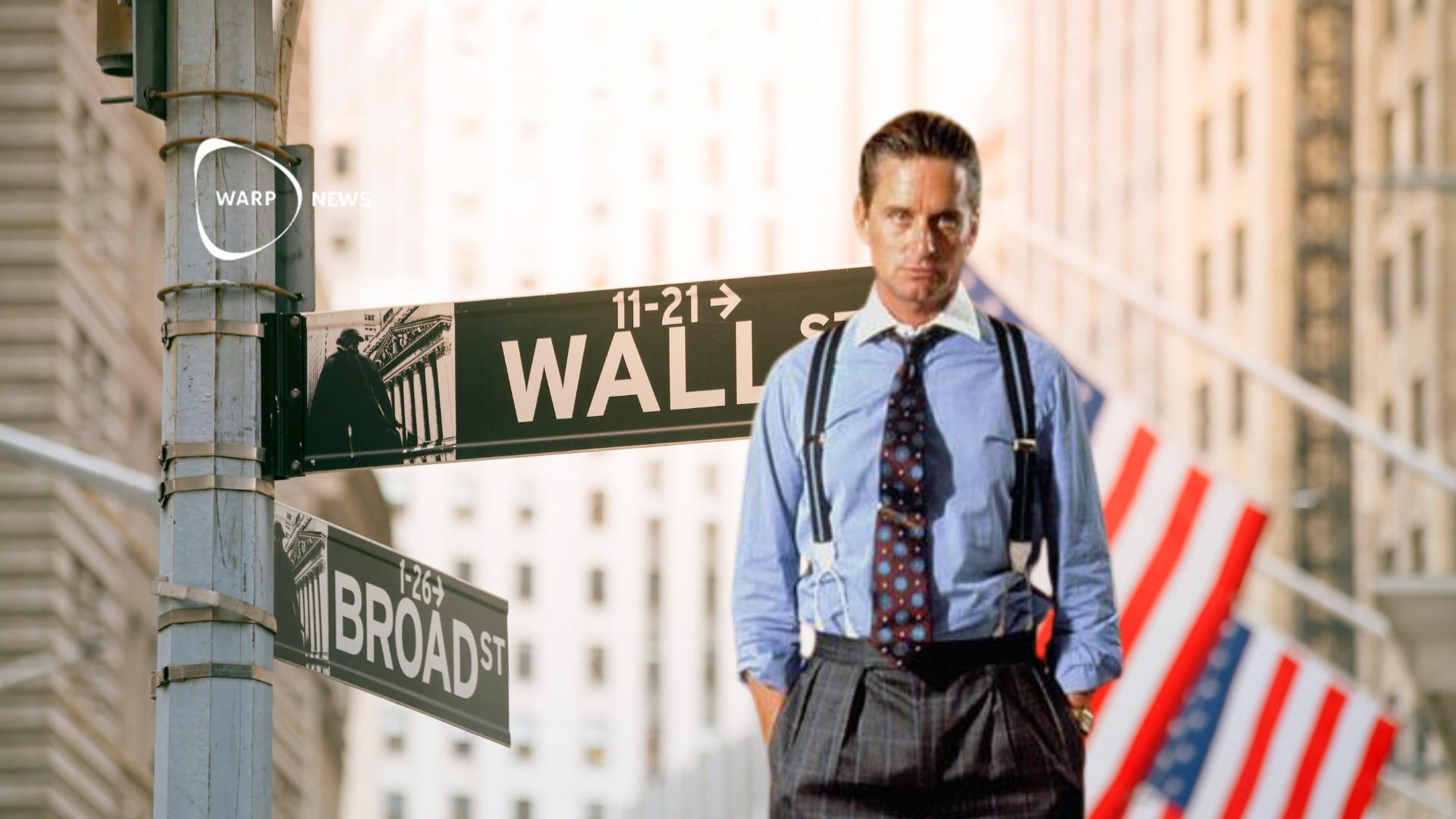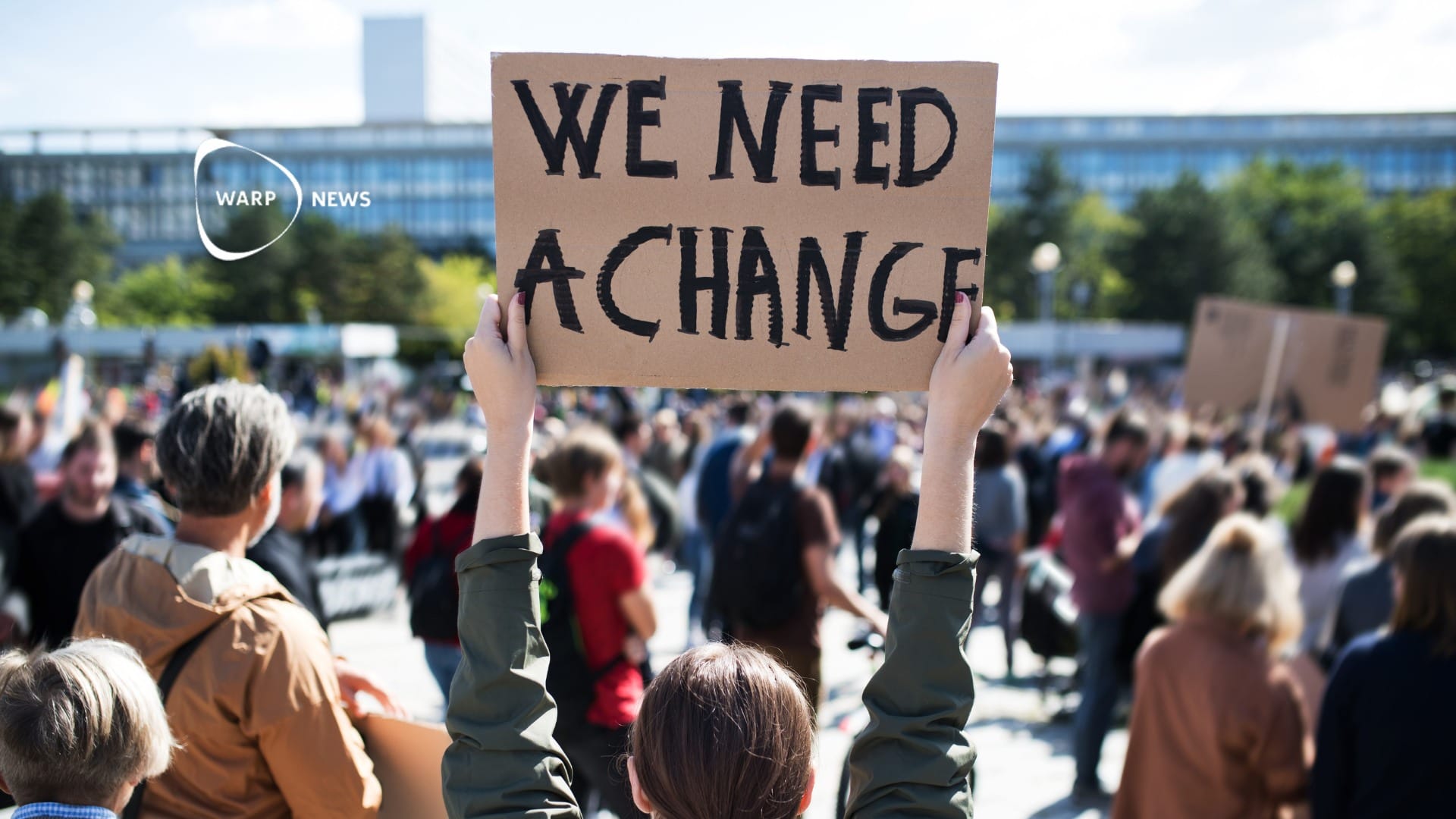
🗳️ Record support for democracy, but people are disappointed with governments. Why and what do we do about it?
Almost 9 out of 10 want democracy. But far fewer are satisfied with the democracy they live in. This is based on the fact that the democratic system we have is over 100 years old and needs to be updated.
Share this story!
In the Alliance of Democracies' annual survey, global support for democracy is at a record high. 85 percent believe that democracy is important in the country they live in.
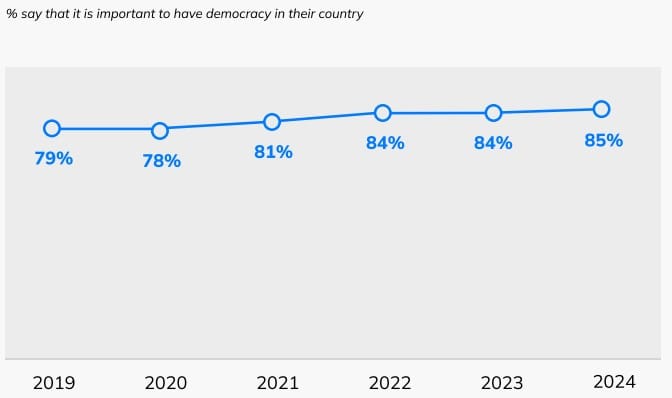
At the same time, only 58 percent are satisfied with how democracy works in their country.
In addition, we know that authoritarian populism is on the rise. The Authoritarian Populism Index measures the success of such parties in 31 European countries between 1945 and 2024. It shows that support for them is at a record high.
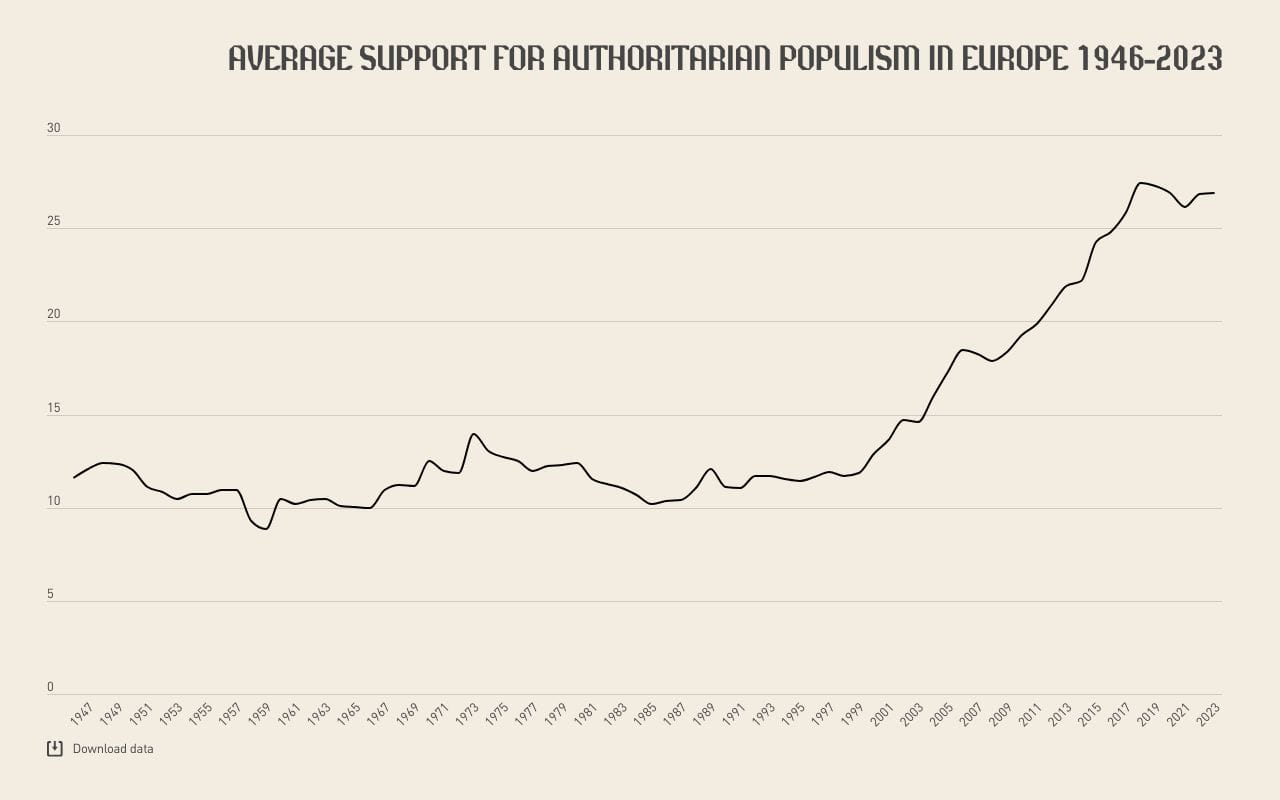
How does this add up?
I have a theory.
A problem is representative democracy
When the form of democracy that most democracies have, representative democracy, was introduced about 100 years ago, it was a brilliant solution to two major problems.
- Information. At that time, information traveled slowly and was mostly spread by paper or telegraph. This meant that the amount of information that could be spread was small. Therefore, it was a smart idea to send a representative to the place where the information exists, such as a parliament or congress. There they could access much more information and use it to make decisions.
- Voting. Letting the people vote was complicated and required a great effort both to arrange and for people to participate in. Therefore, most elections are held every few years and referendums are rare. It was completely unfeasible for people to participate in all the thousands of votes that take place each year in a parliament. Again, it was therefore smart to send a representative who could participate in these votes.
The representative is evaluated periodically. If they had done a good job, they were given renewed trust, otherwise, someone new was chosen.
A good solution – then. But now the fundamental problems have been solved.
Information spreads quickly and widely. And the information does not only go in one direction, it is easier to listen too, not just to send.
Voting is not difficult, it can be done with a few keystrokes. Of course, there is a security aspect that must be weighed in, but the technology is there to easily let people have their say digitally.
Should we then keep representative democracy?
For twelve years, I was myself a person who received people's trust to represent their interests both at the city and national level. I have both insight and great respect for what a fantastic machinery it is, which works much better than most people realize.
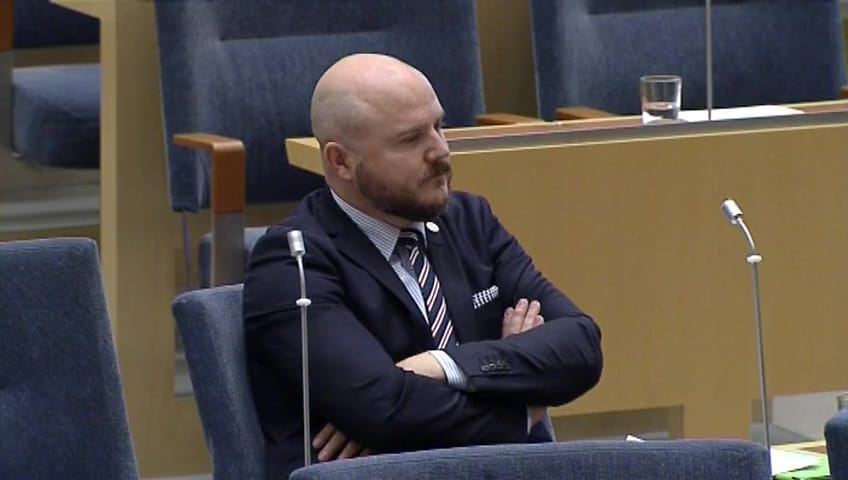
One of the most beautiful things I have been part of was negotiations in the Committee on the Constitution. There, practice plays a major role. That is, what the Committee has previously decided. There is nothing that requires one to take it into account and all those who then made the decision that is today practice are no longer active, or perhaps even alive. Yet everyone respects it and understands that it is important for our democracy that we have and follow these rules of the game.
Not to mention all the officials who prepare the basis for the decisions. A methodical, deep, and very extensive job. Each of the thousands of decisions has hundreds of pages of information attached to it.
This system has created a prosperity that we have never been close to before. Democracies are completely superior when it comes to good societies.
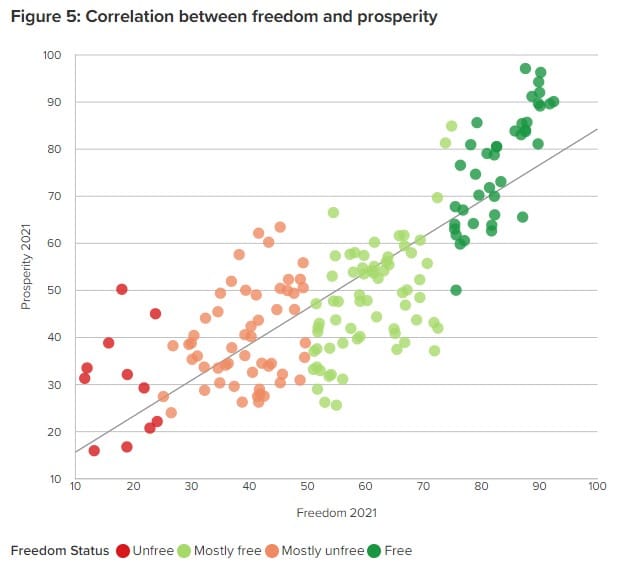
Representative democracy has created this. Despite this, I think it must now be questioned.
Of course, we should not go in a more authoritarian direction, but the other way. Where citizens have more direct power.
A source of dissatisfaction
I believe that representative democracy is a source of dissatisfaction. That explains part of the gap between support for democracy (85%) and how many think democracy works (58%).
One feels that one's own interests are not adequately represented, but whatever one votes for, the result is roughly the same.
In one's everyday life, one has gained more power, or at least can satisfy one's needs more directly. You buy what you want online and do not have to settle for what is available in the nearest store. You can express your opinions in social media, newsletters, and blogs, and do not need to get permission from someone at a newspaper to share an opinion. You can directly contact powerful people or institutions via email or social media. You have access to much more information and can more easily form your own opinion and are not dependent on what the local newspaper thinks you should know. You can more easily buy stocks and even give Wall Street a slap in the face by buying a meme stock.
But when it comes to the most important thing of all, the decisions made in your municipality, region, or country, there your direct power is as great as it was a hundred years ago. Not to mention the international level, where it is often representatives appointed by the representatives who decide. The opportunity to influence public opinion has increased, but otherwise, it is still only one vote every four years.
This creates an underlying frustration. A friction. Which contributes to more and more people wanting to vote for politicians who promise to destroy the system. Or straighten it out by being a strong man. (I am not claiming that this is the whole explanation, just part of it.)
Decentralize power
If we had not had democracy but today decided to create such societies. Would we then have created a system with representative democracy? Probably not. It would certainly have been an element, but likely much more power would have been placed directly with the citizens. Just because information and voting are not at all the same problem as they were a hundred years ago.
We need to improve democracy and shift more decisions directly to us citizens.
How? I do not know.
I am a little too mentally stuck in the current system to be able to visualize how another would work. But one alternative could be what is called liquid democracy.
In this system, citizens have the flexibility to either vote directly on specific issues or delegate their vote to a person or organization that they trust to represent their interests in various issues. The delegation is not static, but citizens can at any time choose to take back their vote and participate directly in the decision-making process themselves or change delegates based on the issue or reliability.
This would also enable a gradual transition to a new system, where one could start with a few issues and then based on lessons learned move forward.
Whether this is the right way forward I do not know. But I am sure that we need to make a strong effort to evolve the democracy we have.
Mathias Sundin
The Angry Optimist
By becoming a premium supporter, you help in the creation and sharing of fact-based optimistic news all over the world.
